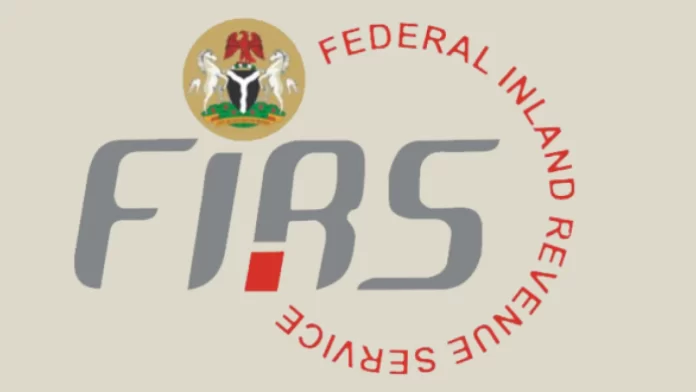The Federal Inland Revenue Service has directed banks to immediately identify and close any FIRS tax and levy collection accounts not authorised under the TaxPro Max system.
The TaxPro Max is a homegrown tax administration platform that facilitates tax-related activities, including registration, filing, payment, issuance of tax clearance certificates, among others.
A public notice signed by the FIRS chairman, Zacch Adedeji, and made available to newsmen by his Special Adviser on Media, Dare Adekanmbi, said the decision was part of the ongoing efforts to boost efficiency and transparency in tax collection as well as ensure uniformity and seamless reconciliation of tax payments.
The public notice said the directive takes effect immediately.
It said all tax and levy collections on behalf of FIRS must be processed exclusively pursuant to an assessment raised on the TaxPro Max platform.
“All banks participating in the FIRS Collection, Remittance and Reconciliation Scheme are hereby advised to comply with this directive within the stipulated period.
“We count on your cooperation to ensure a smooth transition to this centralised system, thereby contributing to a more transparent and efficient tax collection process,” it said.
The statement urged taxpayers and other stakeholders to reach out to the Revenue Accounting and Refund Department in FIRS for any clarifications or support regarding the directive.
NBS unveils real-time price data
Meanwhile, the National Bureau of Statistics has launched its first set of price data compiled through a crowd-sourcing initiative aimed at improving the timeliness and accuracy of price statistics across Nigeria.
This was according to a press statement by NBS’ Head of Public Relations, Folorunso Alesanmi, on behalf of the Statistician General of the Federation.
The launch, announced on Tuesday, marks what the Bureau described as a “major step forward” in modernising its data collection methods and enhancing real-time economic tracking.
“We are thrilled to release our first prices data compiled through crowd-sourcing,” the Statistician General of the Federation, Semiu Adeniran, said.
“This initiative represents a major step forward in our efforts to harness the power of technology and innovation to improve the quality and timeliness of our statistical data,” he said.
According to the NBS, the crowd-sourcing initiative, which began several months ago, compiles daily prices data from a broad range of sources, including open markets, supermarkets, neighbourhood shops, bulk and discount stores, street outlets, and large retail shops across all 36 states, the Federal Capital Territory, and every senatorial district.
The Bureau stated that the data released provides insights into the prices of essential food items such as local rice, white beans, white maize, garri, and yam — staples commonly consumed by Nigerians.
Unlike the Consumer Price Index data collection, which targets predetermined outlets during the second and third weeks of each month, the NBS clarified that the new data set is compiled randomly from different respondents every day.
“This is not the same with the ones compiled for Consumer Price Index; prices data for CPI computation are collected on specific or predetermined outlets every second and third week of the month. But prices data collected via crowd-sourcing are collected randomly from different respondents every day,” the Bureau said.
The NBS noted that the daily updated data is accessible to the public through a dedicated dashboard where users can view, analyse, and download information in real-time, promoting greater transparency and accessibility.
To ensure reliability, the agency said it had implemented various quality control measures, including data validation and verification processes, to maintain the integrity of the data.
“The National Bureau of Statistics’ crowd-sourcing initiative aims to modernise data collection, providing timely and accurate statistics,” the statement added.
The Bureau also encouraged public participation to enhance the system. “The Bureau hereby invites citizens to participate by submitting price data and feedback to build a robust statistical system for a rapidly changing economy.”
The NBS said the release demonstrates its commitment to innovation, collaboration, and better service to policymakers, researchers, entrepreneurs, and the general public.

